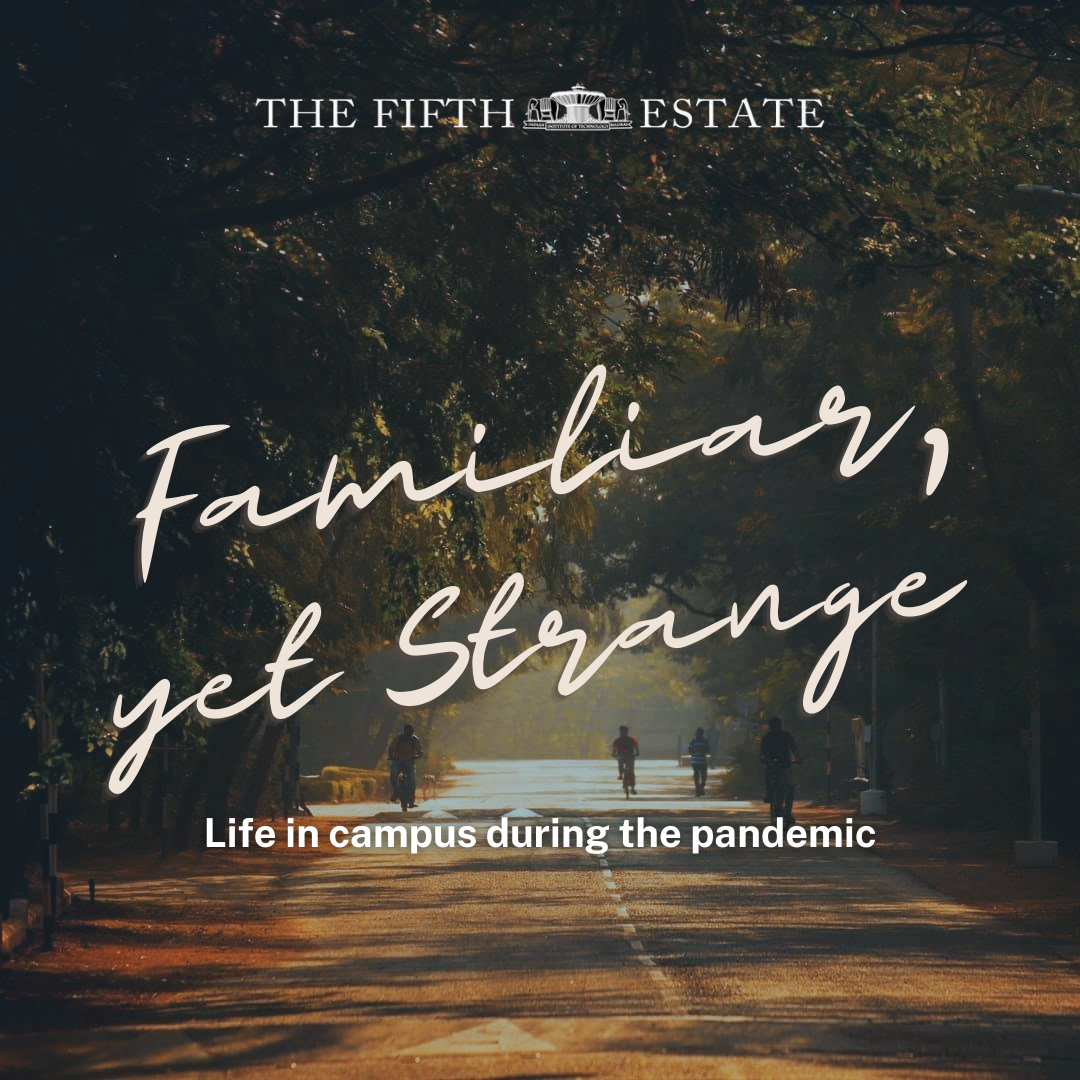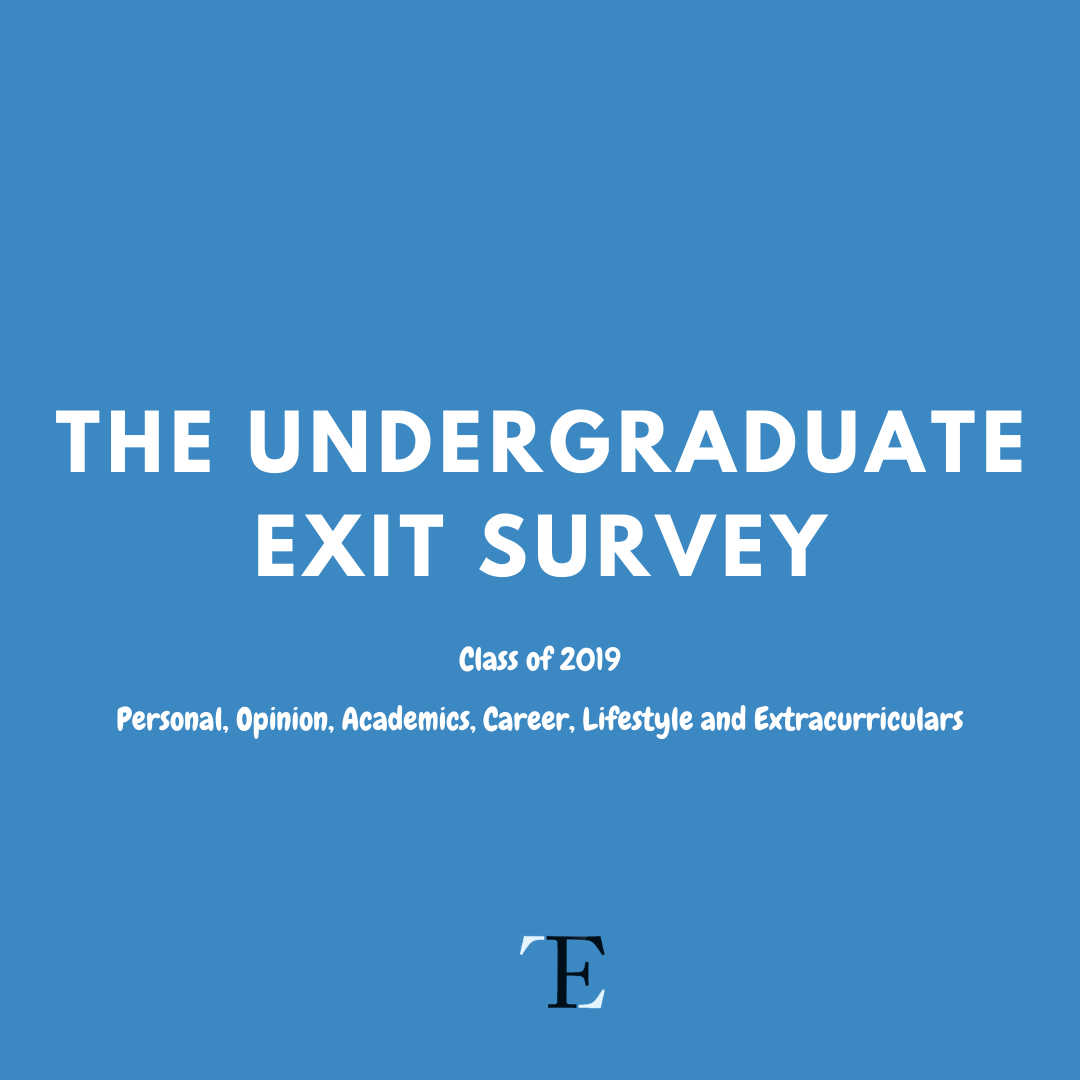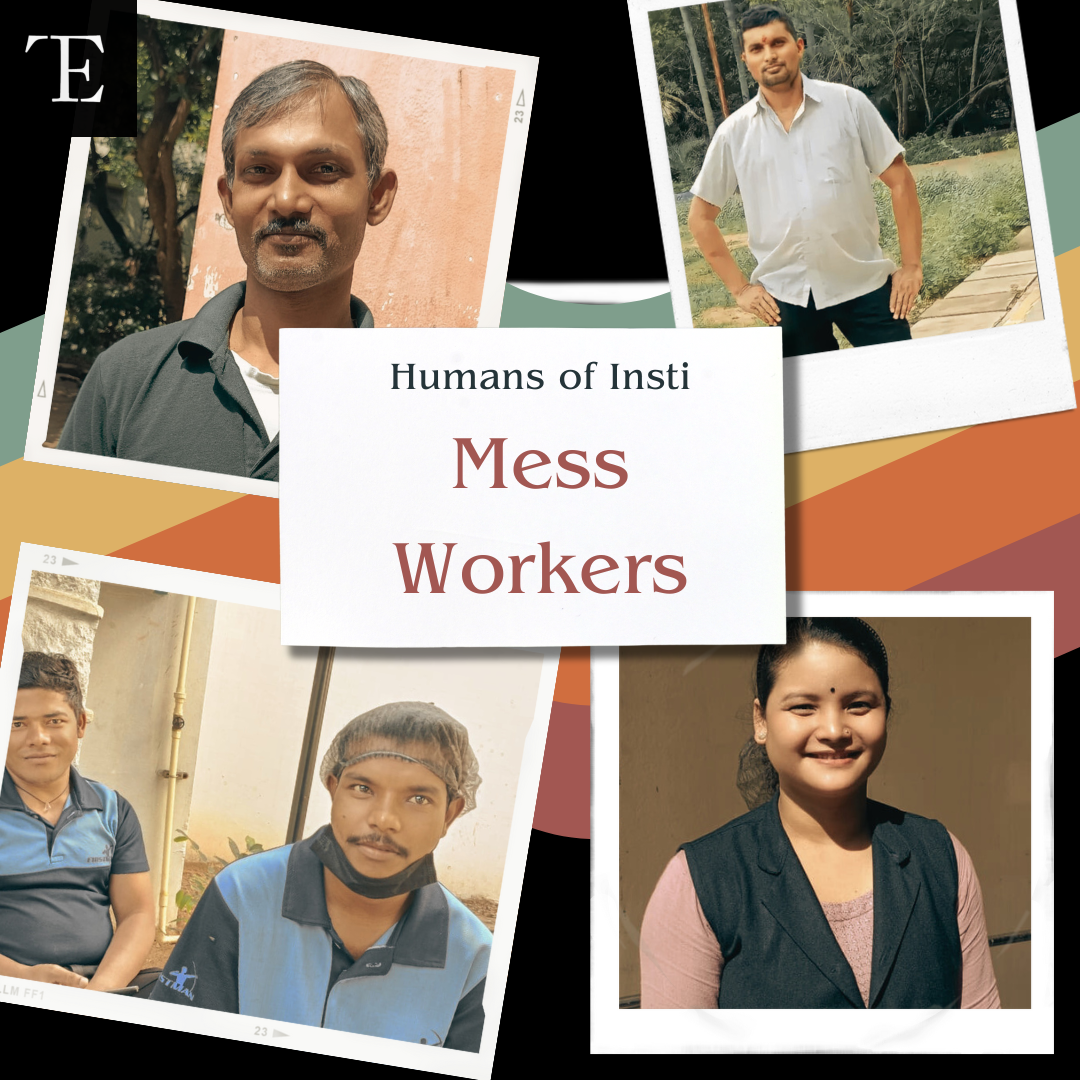Edited by Rohini Dikshit
Design by Siri Chandana and G. Rohit Reddy
17th March 2020 was another regular day in insti. Students were walking around, attending classes and preparing for Quiz-2, which was scheduled for the next week. Research scholars were following their daily routine, collecting and analysing their data. Some were writing their manuscripts and theses, while others were preparing for seminars. A few were making arrangements for their upcoming conferences. While people went on with their work, there was a nagging concern in the back of their minds. COVID-19 had finally hit India, and the cases had started increasing at an alarming rate. Educational institutions were shutting down all over the country, and some hostels were converted into quarantine centres. There were suspicions that sooner or later, insti would also close, but there was no communication regarding the same. The silence was worrying. And then came the much-feared mail. All the undergraduates, postgraduates, and research scholars were asked to vacate their hostels and leave within three days. The date for the return was pushed indefinitely. Labs were shut down entirely, and the gates of the campus were closed. Only a few research scholars who had important experiments to complete were permitted to stay back with the permission of their guide. Entry into and exit from campus except for emergencies was banned. The lives of students had come to a standstill.
A little ray of sunshine (and some unavoidable clouds)
Early September to October 2020 came with a new hope. Though the pandemic was still existent, the cases were dipping. The administration decided to bring in the research scholars in batches, permitting them to continue their research work. The arriving scholars were placed under a 14-day quarantine with packaged food delivered to them, after which they were allotted their respective rooms. Day scholars were permitted to enter insti for a few restricted hours and leave the campus as soon as they were done with their day’s work. A lab schedule, which let hostellers work for three days and day scholars on the other three days, was put up in order to have work carried out efficiently while keeping the safety protocols intact. The movements of students in and outside insti were restricted. Only the Adyar gate was operational, and Velachery and Taramani gates had limited access.
Restrictions, restrictions, restrictions!
The restrictions were not limited to the labs and the mess. The campus has many eateries which provided students with numerous options for meals. But now, the mess allotted to them is fixed. All the eateries have been shut down in order to prevent the spread of infection from workers coming from outside. Students had absolutely no alternative for their meals. They had to completely rely on the mess food, the quality of which had been degrading, owing to the shortage of staff. The insufficient and poor quality of food and lack of balanced meals resulted in students facing many health issues. Stricter lockdowns prevented food deliveries, but the ease of restrictions and the permission for food deliveries was a silver lining for the students.
And then the unexpected inevitable
But, alas! Despite necessary precautions being taken, in the month of December, insti witnessed a massive outbreak, with more than 100 positive cases, making it a Covid hotspot. Stringent rules and restrictions were imposed. The next batch of students was prevented from returning, and the quarantine period for the students who had already arrived shortly before the outbreak was extended. “The quarantine period was almost one month, and the packaged food was not of great quality, and sometimes insufficient, leading to some health issues…staying in the same room without meeting anyone was a little depressing. Yoga and meditation helped me in combating the anxiety”, says a 5th-year research scholar who had arrived in insti shortly before the December outbreak. Courier and food delivery services were disrupted. The measures taken proved to be very effective in containing the spread. The arrival of the next batch of students resumed in February, but all the imposed restrictions were intact.
“The quarantine period was almost one month, and the packaged food was not of great quality, and sometimes insufficient, leading to some health issues…staying in the same room without meeting anyone was a little depressing. Yoga and meditation helped me in combating the anxiety”
Jack unfortunately turns into a dull boy
The measures contained the spread, but the lives of students have been adversely affected. Limited access to the lab restricts the working hours. With access only for three days, the amount of work done per week is not very substantial. Therefore, the research has been going on at a much slower pace than normal times. “Since we are completely dependent on the mess, it is difficult to manage and schedule our work timings in accordance with the mess timings, which is really uncomfortable sometimes”, said another student.
Owing to the pandemic, recreational activities have also been on hold. Earlier, one could see students going for a jog in the stadium or on the roads, but now these are out of bounds. Needless to say, the swimming pool has also been shut down. As a result, a scholar has almost zero physical activity except for going to the lab and mess. Due to strict lockdowns, their access to the outdoors is restricted, and they are confined within the gates of insti. This, added to almost no socialisation, is taking a massive toll on their mental health. The lack of physical activity results in students spending more time within the four walls for their room, which was least occupied by them once upon a time. And the result- worsening their already degrading health. “It is hard to cope, staying inside the campus and not being able to go outside once in a while. Strangely, the huge campus is starting to feel claustrophobic”, remarked another student.
“Since we are completely dependent on the mess, it is difficult to manage and schedule our work timings in accordance with the mess timings, which is really uncomfortable sometimes”
The workman is good, but the tools are scarce
The administration has been impacted a lot too. With limited staff working, the registration and processing of documents and complaints and equipment repair and maintenance is taking a lot more time. These delays, added to the minimal working hours, make it increasingly difficult for the students to manage their work. The research suffers a huge setback, and the only solution for the students is to wait. It gets frustrating sometimes.
Amidst this demented crisis, the administration has done well in handling some of the issues. The structured list of bringing students back, arranging rooms and food packages for quarantine, and scheduling the lab timings for hassle-free access for the students are some of the measures taken by the administration to tide over the crisis. Yet, the students are not entirely satisfied with the way certain issues are handled with regards to hostel facilities. The responses to their concerns have only been moderate. “The administration has been understanding and sympathetic about many issues, but still the issue regarding the quality of food needs to be addressed better”, said one of the students.
Wait, where did insti go?
From the students’ point of view, this place is not the insti they lived in before the pandemic. Earlier, there was activity inside the campus even during the wee hours of the night. But now, with no soul out and about, students feel scared while leaving the lab after late hours of work. This deserted state of the campus, added to the perennial scorching heat of Chennai, has made the lives of students tougher. Ordering and picking up juice from CoolBiz at Himalaya takes almost 45 minutes since it is one of the few available alternatives with trimmed operational time and limited staff. Mess timings are issued, but there are lapses in not following them strictly, compromising the social distancing norms sometimes.
But now, with no soul out and about, students feel scared while leaving the lab after late hours of work.
This pandemic is something that the world hasn’t witnessed in 100 years. The times are scary, and each day is being lived in fear. The scholars were called back to increase their productivity and enhance their progress. But with the restrictions and preventive measures, and the health risks at every moment, ironically, the rate at which their research work is progressing is much slower than anticipated. Some students were also affected by the virus during their time on campus. “I was affected by the virus during my stay in insti, and I am still coping with and recovering from it. This whole situation has been a huge learning experience for me, and I am still learning to deal with it”, said one of the students who tested positive for Covid – 19.
Restrictions are in place to ensure the safety of everyone, the consequence of which is a new set of issues that have to be dealt with. While everyone is living with the hope that things would become normal, the harsh reality is that this is the new ‘normal’ that we have to live in; at least for the time being. We have a long way to go before we reach the pre-pandemic lifestyle, or even an unknown post-pandemic lifestyle.





One other issue which needs to be mentioned is, how the scholars who had to do their work ultimately took accommodations outside of campus and how that has affected them. Many of the hostellers are actually forced by the situation to turn into day scholars.
I am happy to read my experience in T5e. I was in campus from March 2020 to Jan 2021. As I remember, the 3 day hosteller and 3 day dayscholar system was deployed after the Dec 2020 outbreak and not before as mentioned in the article.